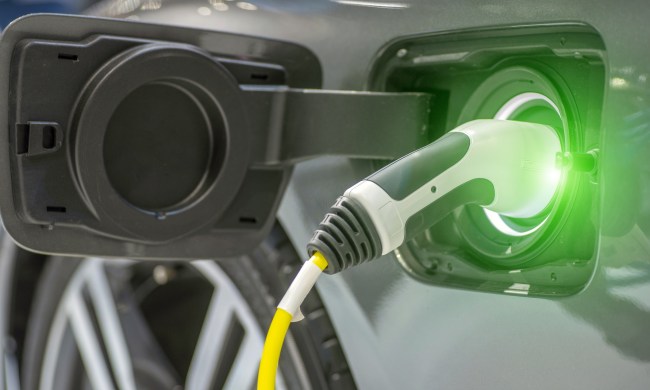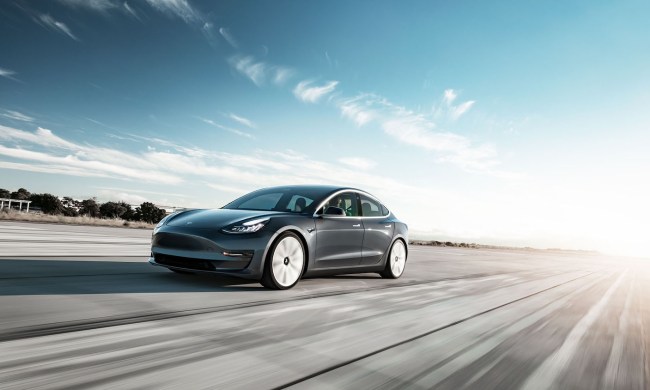Car dealerships in Scandinavia — and perhaps beyond — have something against electric vehicles. That’s the conclusion of an investigative study conducted by researchers in Nordic countries, where they visited car dealerships and found agents actively discouraging going electric.
“We essentially found that, contrary to conventional wisdom, most car dealerships do not want to sell electric vehicles, even though they cost more … than ordinary vehicles,” Benjamin Sovacool, a professor of energy policy at the University of Sussex and one of the study’s researchers, told Digital Trends. “This creates a key barrier to adoption that has not yet been addressed by policy, let alone explored systematically in research.”
To conduct their investigation, the researchers visited 82 car dealerships in Denmark, Norway, Sweden, Iceland, and Finland. They arrived under the guise of being everyday customers, and later spoke to experts to give context to their experience.
In two-thirds of their visits, agents steered the researchers toward gas-powered cars, sometimes dismissing electric vehicles (EVs) outright. In over three-fourths of the visits, vendors didn’t even inform the researchers that they sold EVs.
At one dealership, the researchers report being told, “Do not buy this electric car, it will ruin you financially.”
“Dealers act as a key type of agent known as an intermediary — someone between a product and service on the one hand, and the user, customer, or owner on the other hand,” Sovacool said. “They can thus exert very strong influence over what consumers think and do.”
Sovacool notes that the dealer’s role is particularly strong today, given that the relative newness of EVs means consumers don’t know much about them. “We hypothesized that dealers would actually be more supportive or EVs, especially in the Nordic region, and were somewhat shocked by our findings,” he said.
Gerardo Zarazua de Rubens, one of the lead researchers on the study, thinks that attitudes of governments and industry leaders have a tendency to “trickle down” to the selling floor, “and do affect both how car dealerships and salespersons promote and sell vehicles.” This seems to have the subsequent effect on consumers not investing in electrical options.
“If these countries … are true about using [electric vehicles] as a tool for decarbonizing transportation, there needs to be a systematic revision of their policies and strategies to harmonize them and create a level-playing field, where the EV is a fair option in comparison to a petrol or diesel car,” De Rubens, a business and technology doctoral fellow at Aarhus University, said. “We cannot keep favoring petrol and diesel vehicles and expect that decarbonization … targets will be achieved.”
The report was published this week in the journal Nature Energy.


